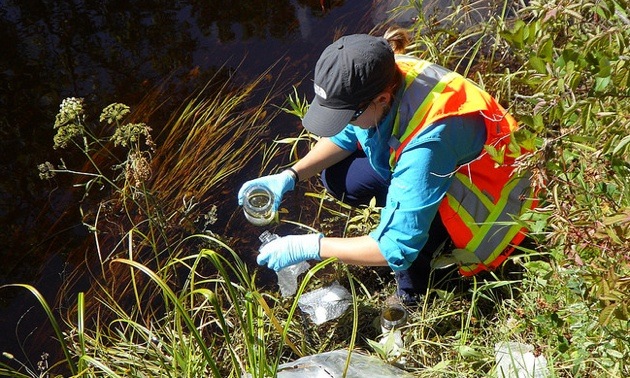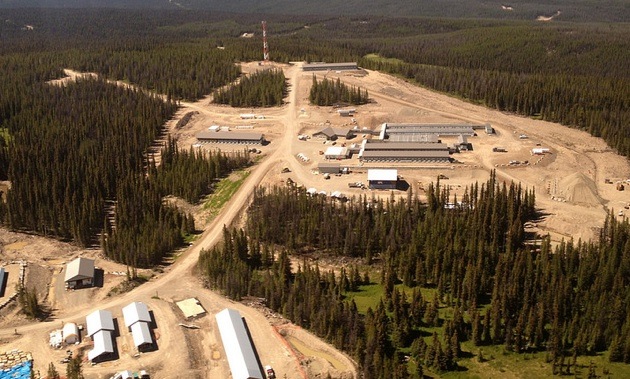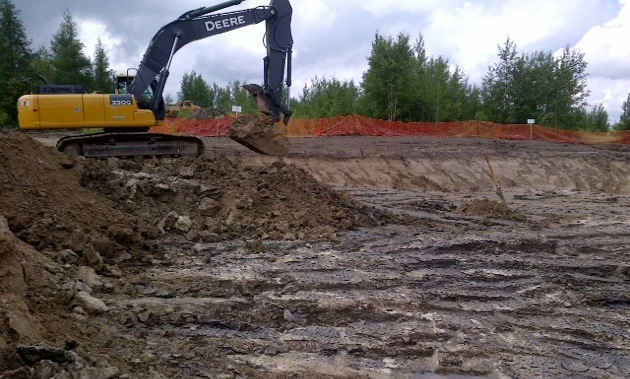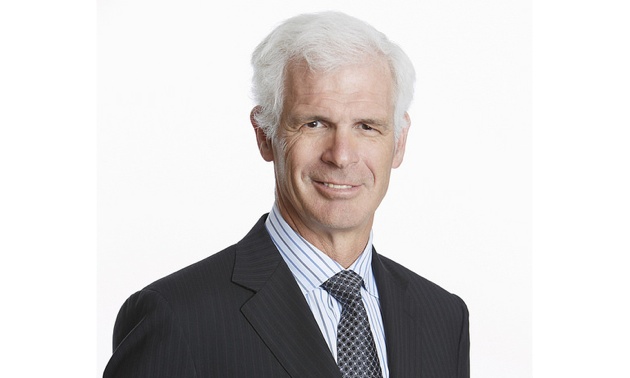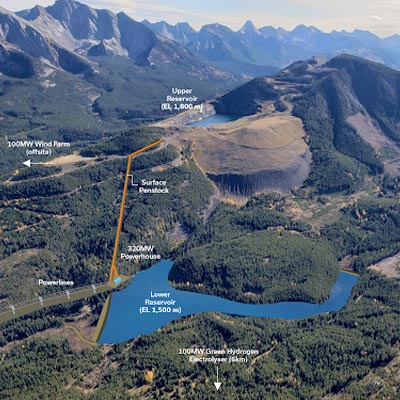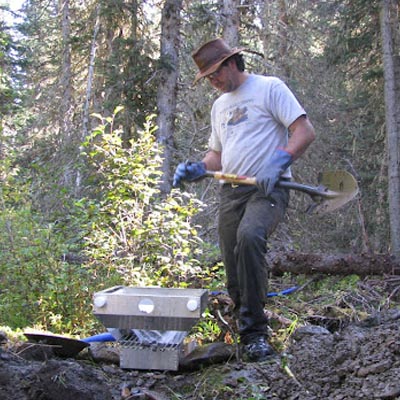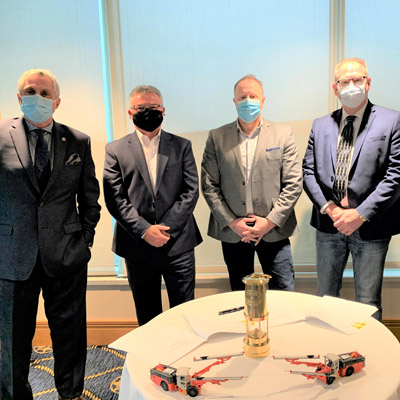Gold mine places BC project on hold
New Gold Inc. decides to postpone development of its Blackwater project in favour of advancing a less costly project in northwes
New Gold Inc. is delaying development of a massive gold project in British Columbia’s central interior and advancing a smaller one in northwestern Ontario instead.
Company president and chief executive officer Robert Gallagher said on the sidelines of the Initiatives Prince George Market Expansion Forum that the recent decline in gold prices has largely led New Gold to postpone development of its Blackwater project, 112 kilometres southwest of Vanderhoof, for two years.
New Gold director of environment and sustainability Tim Bekhuys said in a forum presentation that capital costs for developing a mine were also a factor. The estimated capital cost for developing Blackwater is $1.8 billion, while the estimated capital cost for developing the company’s recently acquired Rainy River project, 50 kilometres northwest of Fort Frances, is roughly half that.
A feasibility study for the Rainy River project, released by New Gold January 16, targets commissioning of a mine there in late 2016.
In the meantime, both Gallagher and Bekhuys said New Gold staff will continue to advance the Blackwater project so that it will be shovel-ready when the price of gold again rises. Bekhuys said construction at Blackwater will now likely be delayed at least until construction at Rainy River is finished.
The Market Expansion Forum was held in Prince George, B.C. January 21.
The price of gold
“Since our last economic analysis about 16 months ago, the price of gold has gone down some US$600 an ounce,” Gallagher said. “And in today’s market, it’s just not the prudent thing to proceed with that project (Blackwater).”
When asked what the price of gold would need to be to make Blackwater feasible again, Gallagher said other factors also needed to be considered.
“(But) certainly a price in the order of US$1,600 (an ounce) looks very attractive,” he said.
Gold was trading at just over US$1,254 an ounce on January 28.
Bekhuys said during his presentation that New Gold is definitely not abandoning B.C.’s central interior.
“I really wanted to give you guys a sense that Blackwater is still our flagship,” he said. “This is a very important project to this company.”
To underline that point, Bekhuys said when that once it is operational Blackwater will produce more ounces of gold than the company’s current four operating gold mines combined.
In 2013, gold production from New Gold’s current four operating mines totalled between 440,000 to 480,000 ounces. Bekhuys said. A feasibility study for Blackwater, released this past December 12, said that for the first nine years of a mine’s life, average annual gold production would total 485,000 ounces.
The feasibility study also said a conventional truck and shovel open-pit mine would produce 7 million ounces of gold and 30 million ounces of silver over its suspected 17-year mine life.
Permits and other costs
However Bekhuys said Rainy River was probably about six to eight months further along in the permitting process, which was another reason why New Gold decided to go ahead with its development.
New Gold only acquired the Rainy River project about eight months ago, Bekhuys said. According to the project’s feasibility study, construction at the combined open-pit/underground mine could begin in early 2015. Capital costs would total $885 million, inclusive of a $70-million contingency.
The mine would have a 14-year lifespan and would produce 3.4 million ounces of gold and 6 million ounces of silver. During the first nine years of production, average annual gold production would total 325,000 ounces.
Also using base case economics—at US$1,300/oz. gold, US$22/oz. silver and a 0.95 US$/C$ foreign exchange rate—the mine would have a payback period of 5.4 years.
In comparison and using the same base case economics, Blackwater’s feasibility study says a mine would have a payback period of 6.2 years.
Rainy River would generate up to 450 construction jobs and 600 permanent jobs, once operational, while Blackwater would create up to 1,500 and 595 respectively.
Bekhuys said New Gold now has four main goals in 2014 as it tries to “de-risk” its Blackwater project. It wants to continue exploration, file an environmental impact statement (EIS) to both federal and provincial agencies in two to three months, complete engineering work in preparation for applications for close to 100 other federal and provincial permits (post EIS), and continue building local community and First Nations relationships.
Bekhuys said the company has a $20-million budget for exploration at Blackwater this year and that it had recently added 23,000 hectares of new property there for additional exploration.
He also said building local relationships included continued negotiations of participation agreements and memorandums of understanding with area First Nations.

